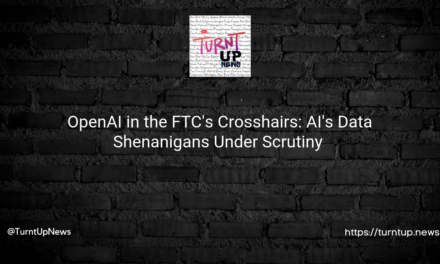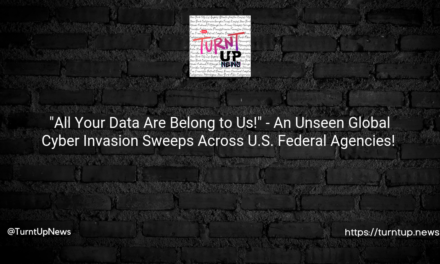🤖⚖️”Code Over Coffee: Lawyer Puts AI to Work for Legal Hustle, Courts Puzzled”
TL;DR; : The courtroom drama just got a tech twist! A New York lawyer is headed for a hearing of his own after pulling a tech card out of his suit – using the AI tool ChatGPT to do his legal research. Got us all thinking – have the law books finally met their digital match?
Holy courtrooms, Batman! 🦇 In a shocking turn of events, a New York lawyer found himself in the hot seat 🔥 after revealing his firm had employed ChatGPT, the AI tool that can make humans feel like they’re chatting with another person, to carry out legal research.
This raises a bunch of questions, doesn’t it? Like, are the days of old-school case research gone? And when did AI bots start learning about human laws anyway?🤷♀️
The revelation landed our techie lawyer in a courtroom (though not in the way he’s used to), staring down the barrel of a judicial hearing. The court, just like the rest of us, was left scratching its head and saying, “Wait… what now?”🤔
Now, let’s all be real here. Hasn’t the pandemic made us all tech-friendlier than ever before? Who among us hasn’t been tempted to ask Siri or Alexa about those hard-to-understand legal terms, or to explain the difference between a tort and a tart?
The lawyer, known for taking unconventional paths to victory, saw the potential in ChatGPT and put it to work – perhaps to save time, or to use resources more effectively. Who knows? Maybe he just really didn’t want to read those long legal documents.😜
Here’s the thing: ChatGPT isn’t just some run-of-the-mill chatbot. It’s a sophisticated tool that uses machine learning to simulate human-like conversations and mimic writing styles. In layman’s terms, it’s an AI tool that can talk the talk. But the big question is, can it walk the legal walk? 🚶♂️⚖️
This situation leaves us teetering on the edge of a vast, unexplored territory, pondering where artificial intelligence fits in our justice system. Can an AI tool like ChatGPT stand up to the rigors of legal research, or is it just a fancy toy that plays well with words?
We’ve all seen (or at least heard of) how AI is shaking up industries like healthcare, finance, and entertainment. But the courtroom? That’s a whole new level! 🏛️🤯
Remember, this isn’t just about whether an AI tool can do the job; it’s also about the potential implications. If the courts give this the thumbs up, could it open the doors to a whole new world of AI lawyering? And let’s not forget about the possible ethical dilemmas.👀
For now, the courts will have to grapple with this uncharted territory. In the meantime, we can’t help but wonder: are we on the brink of a digital revolution in the legal industry, or is this just a one-off techy court drama that will fade into obscurity?
Here’s a question for all you readers out there: Would you trust an AI to handle your legal needs? 🤖⚖️ And where does that leave our human lawyers – obsolete or indispensable?
Disclaimer: This article is meant for informational purposes only and does not provide any form of legal advice. Please seek counsel from a qualified legal professional for any legal concerns.





